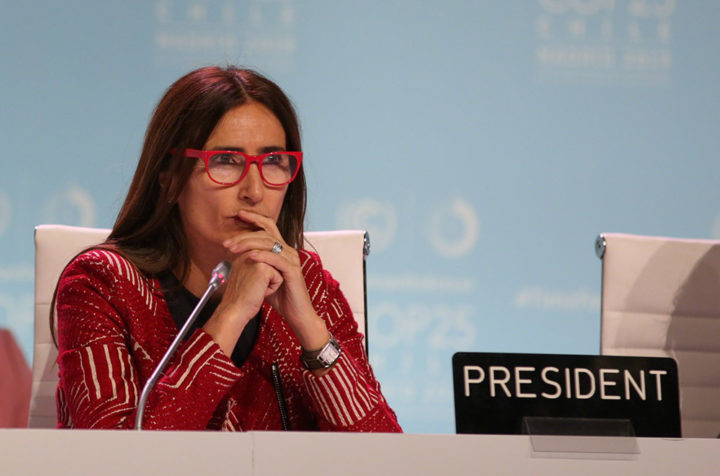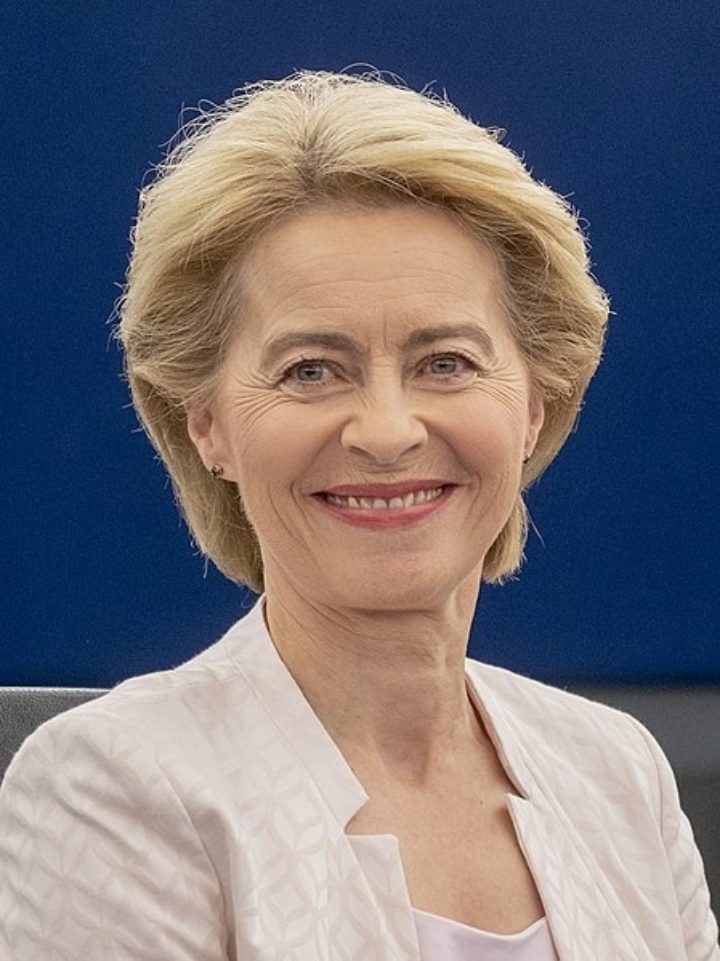Road to Glasgow gets a little longer
Covid-19 made COP26 postponement inevitable - but doesn't change the big picture

By Richard Black
@_richardblackShare
Last updated:

So, all roads in climate change still lead to Glasgow… just not in November.
In truth, since the full scale of Covid-19’s impact on Europe, East Asia and North America started becoming clear, the decision to postpone this year’s United Nations climate change summit into next year has only been a matter of time.
The biggest problem isn’t the health risk of assembling tens of thousands of people in a crowded conference venue at a time of the year when coronavirus may be making a wintertime resurgence – although that is big enough.
The main issue is that 95%, perhaps 99%, of the important work has to be complete before a UN climate summit opens in order for it to have any chance of success.
With governments focussed on safeguarding the health of their citizens and their economies through the Covid-19 crisis, bandwidth for international engagement and national policymaking on climate change was very clearly in short supply. The same calculation had already led the Convention on Biological Diversity (CBD to announce postponement of its critical 2020 summit from its scheduled October date.
It’s worth noting that we still have little idea of how Covid-19 will impact the world’s poorest countries, in sub-Sarahan Africa and South Asia. Factor that in, and postponing COP26 was inevitable.
So what happens now?
Preparations for COP26 don’t, however, come to a grinding halt. Preparatory meetings hosted by the UN climate convention will continue, though many of them remotely.
The annual two-week ‘intersessional’ meeting in Bonn will now take place in October rather than June – and that four-month delay is a useful indicator of how much disruption governments are prepared to contemplate from Covid-19 on the international climate change calendar.

It’s also notable that Carolina Schmidt of Chile, which hosted last December’s COP25 and which remains President of the process until the Glasgow summit opens, said in her statement that the process of gathering countries’ enhanced commitments on cutting their emissions to 2030 (NDCs) will continue this year.
Indeed, the Paris Agreement calls for delivery of three key things – NDCs, long-term decarbonisation plans to 2050, and financial support worth $100bn per year – ‘by 2020’, not ‘by COP26’.
One suspects that the timescale on these is going to drag into next year. But Ms Schmidt’s overall point is well-made – delaying the intersessional by four months and COP26 by perhaps six does not mean the Chilean and UK governments have carte blanche to kick back and do nothing. All the same things still need doing – diplomatic alliances still need forming, leaders’ real priorities need elucidating, bridges still need building with some of the more recalcitrant nations.
The request for an early decision on postponement came from the UK government. And in acceding to it, rather than inviting other potential host governments to step forwards, the community of nations is placing a considerable body of trust in Boris Johnson not to step away from his diplomatic responsibilities.
Juggling the timetable
Postponing the UN climate summit into spring or summer 2021 means some important changes of sequencing in the diplomatic calendar.

Most obviously, there will now be a period of months rather than days between the US Presidential election and COP26. If Joe Biden wins, that would allow his incoming administration to play a constructive role, which would substantively change the tenor of the talks.
On the European front, it could mean that the EU will have firmly and unequivocally adopted a net zero emissions target before the summit opens. That would also be a major fillip to plans taking shape now to build a ‘net zero club’ of nations, regions, cities and businesses committed to ending their emissions by 2050, as science indicates is necessary.
The UK holds the G7 Presidency in 2021, while its summit partner Italy presides over the G20. Under the original sequencing, those terms of office were being seen as ‘implementation’ mechanisms for the Glasgow outcomes.
Under the new timetable, this changes. Now, the UK and Italy can integrate their plans for COP26 and its preliminaries with their plans for leading the G-blocs.
Covid-19 turns this from being simply a paper exercise into something that is potentially a lot more meaningful.
Logically, the G7 and G20 will have major roles to play in the global economic recovery. What would be more logical than to join up the processes of responding to climate change, with enhanced commitments on reducing emissions and enhanced support for the poorest nations, with post-virus economic recovery? With the UK and Italy at the helm of both?
UK breathing space?
The delay sorts out a little problem the UK had over submitting its own NDC (which I described in a previous post). Government advisors the Committee on Climate Change will put forward their new recommendations on national emission-cutting in September, and the government now has time simply to copy-and-paste that into its new NDC and still get it submitted well before COP26 opens.
But it doesn’t really allow ministers to take their feet off the national policymaking accelerator. The government was already behind schedule in areas such as transport, land-use and above all home heating. If ministers stick to their original schedules they now have a chance to land all of this – all of it – before COP26, and so ensure that the UK is demonstrably on track to its net zero target.
When Covid-19 clears, this will still be the single most important benchmark of whether the UK is credibly able to play its ‘global leadership’ card at the summit.
Not that long away
Right now, it seems like a long time until summer 2021 (and yes, I’m assuming both biodiversity and climate COPs will be in summer.)
But the milestones will come round quickly enough.
And all of the factors that made COP26 important – climate change impacts, growing public concern, investor pressure on fossil fuel companies, plummeting costs of renewable energy and electric transportation – will still be there. Already, about half of global GDP is generated in places that have adopted or are intending to adopt a net zero emissions target. That’s only heading in one direction.
The faith groups, doctors’ groups, theatre groups, sports clubs and everyone else who was gearing up to mark COP26 across the UK and more widely can put their plans to one side for now. But they will be back as soon as Covid-19 allows and COP replacement dates start being bandied around.
COP26, like climate change, may be temporarily on the back burner. But by the time we get to summer 2021, the delay will look like a pretty short one.
Share